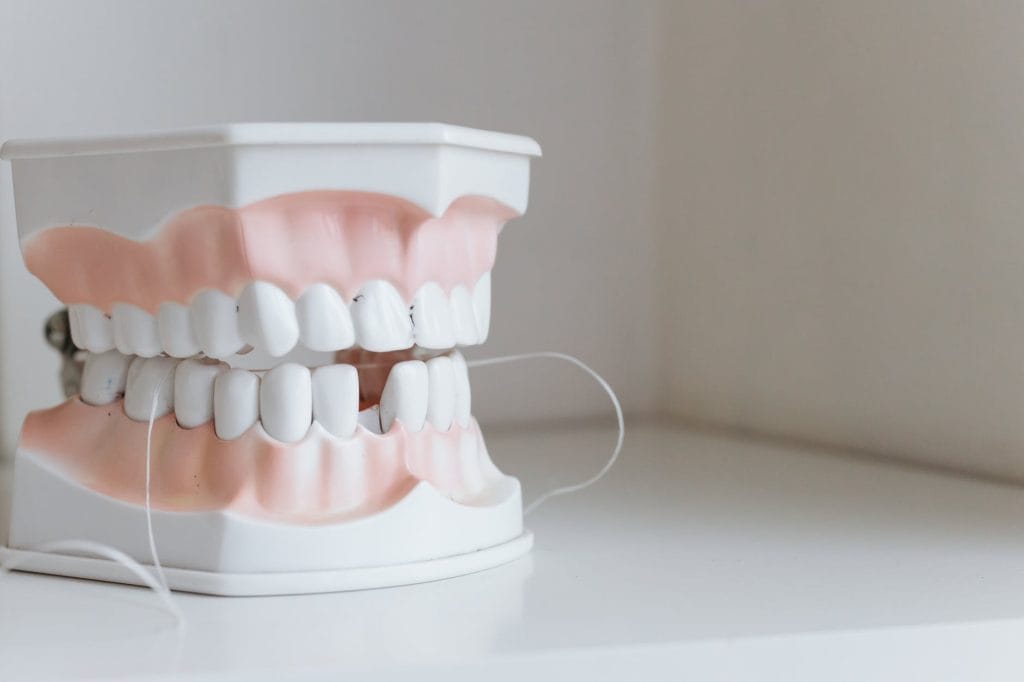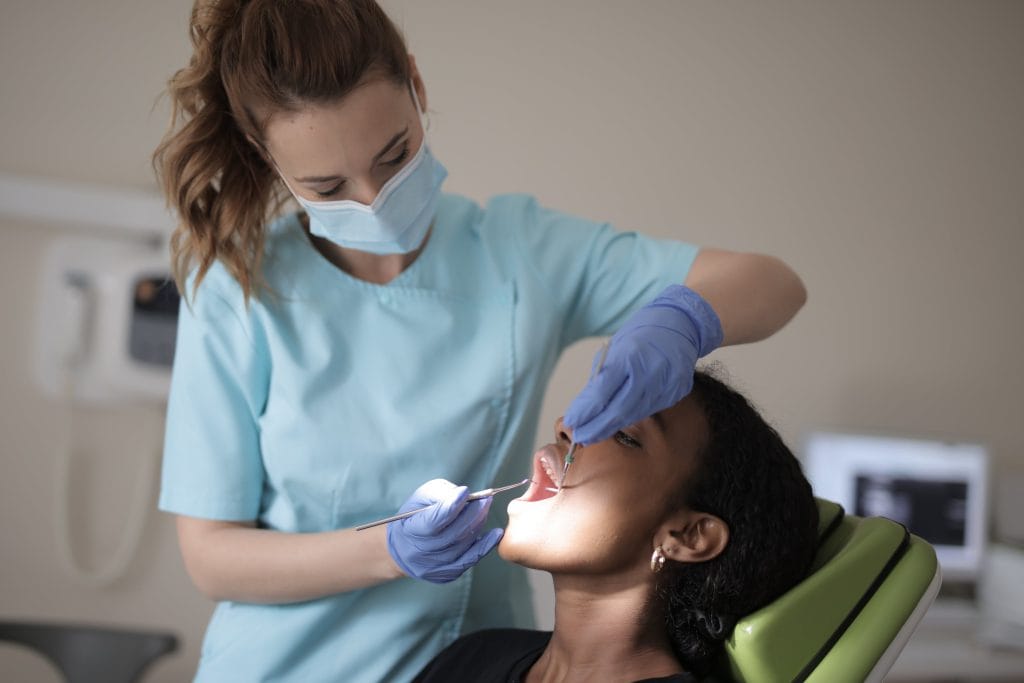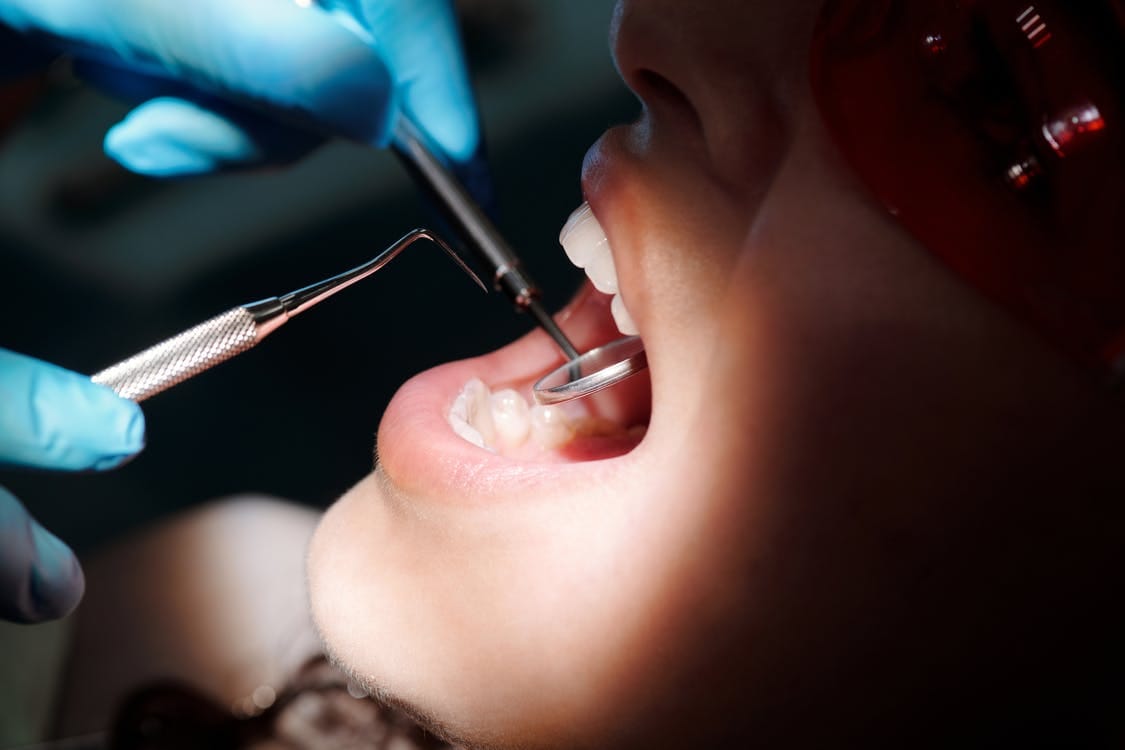For several decades, it has been believed that flossing is as important as brushing your teeth. We decided to check if this is true.
Dental associations recommend using dental floss when brushing your teeth. USA, UK And Canada. Find similar adviсe possible at websites many dental clinics. They write O benefit dental floss and manufacturers products for oral hygiene.
A tooth has five surfaces, but we can effectively brush only three of them: the back, the front and the chewing surface. Forms in inaccessible areas raid, which can lead to interdental caries - the most dangerous, since it is not visible to the naked eye and it affects two adjacent teeth at once. That is why it was necessary to come up with something that could be used to clean surfaces inaccessible to a brush. And in 1815, an American dentist Levi Spear Parmley suggested using silk dental floss for this. Since then, the material of the threads has changed many times, but this product has become firmly established recommendations medical organizations different countries. Dentists around the world recommend that their patients use dental floss to prevent the development of tooth decay, gum disease (gingivitis) and other oral diseases.
That was until Associated Press journalists conducted a survey in 2017. investigation and did not find out that in fact, the benefits of dental floss have not been proven by science, strictly speaking. Of course, floss actually mechanically helps remove plaque, but does it prevent diseases of teeth and gums? Having studied several dozen existing medical studies, journalists came to the conclusion that all of them were not reliable enough, outdated or of “very low quality.” They sent a request to the US Department of Health, where they were told that the effectiveness of using this oral hygiene product had never been properly studied.

However, some research has been done on the benefits of flossing. For example, scientists found outthat the risk of developing caries in children's primary teeth was reduced by 40% if the dentist performed dental floss on them on weekdays at school. However, similar studies where teenagers did this on their own did not reveal any reduction.
Researchers at the prestigious medical Cochrane Library tried summarize all known scientific works on the effect of dental floss (and other hygiene products: interdental brushes, wooden and rubber toothpicks, irrigators) on oral health. Dental floss actually reduced the likelihood of developing gingivitis by about 8%, but were inferior in this to brushes and irrigators. However, all studies were short- and medium-term, and this time is not enough to identify the relationship between hygiene practices and the development of caries. In addition, scientists at the Cochrane Library argue that the certainty of the evidence in these works is low to very low and may have no clinical significance at all.
The main problem of scientific substantiation of the effectiveness of dental floss is the short duration of the studies. The longest period of observation of subjects was nine months, which is clearly not enough to identify any patterns associated with caries. Therefore, scientists, in fact, did not even set such a goal for themselves. As a result, there is practically no research on the effectiveness of dental floss in the fight against caries.
However, improper use of dental floss can even harm gums, especially this applies automatic devices for cleaning teeth with floss. Therefore, before using this hygiene product for the first time, it is recommended to consult a dentist who will show you how to use floss correctly.
Despite recommendations, not even all dentists use floss. So, for example, survey, conducted in India in 2014, found that 15% of 255 physician respondents did not use this oral hygiene product and only 64% recommended flossing to their patients. However, the authors of the study believe that the problem here is not the uselessness of the thread, but the low level of awareness and poor university training of doctors.

Thus, there is currently not enough reputable research to confirm that flossing prevents the formation of caries. On the other hand, there are no studies that would refute this. There is an information vacuum on this issue in the scientific community, and this is understandable: in order to conduct a full-fledged multi-year study with control groups, estimates experts, you need at least $10 million. And the benefits of dental floss are far from the most pressing medical issue for independent organizations to spend that kind of money on clarifying it. It would be possible to observe and interview people in routine medical practice, but 27% of adult patients they lie to their doctors that they floss regularly, so such a study would also not be representative. The research could be paid for by companies that produce dental floss, but then their results would be compromised by a conflict of interest.
However, dentists continue to recommend daily use of dental floss or floss equivalents (such as dental brushes) because it is cheap and easy. And if there is even a scientifically unproven possibility that these oral hygiene products actually reduce the likelihood of caries, there is no reason not to use them.
This is not accurate
Read on the topic:
- Is it true that birds brush crocodiles' teeth?
- Is it true that sugar is addictive?
- Is it true that you need to walk 10,000 steps a day to be healthy?
If you find a spelling or grammatical error, please let us know by highlighting the error text and clicking Ctrl+Enter.






